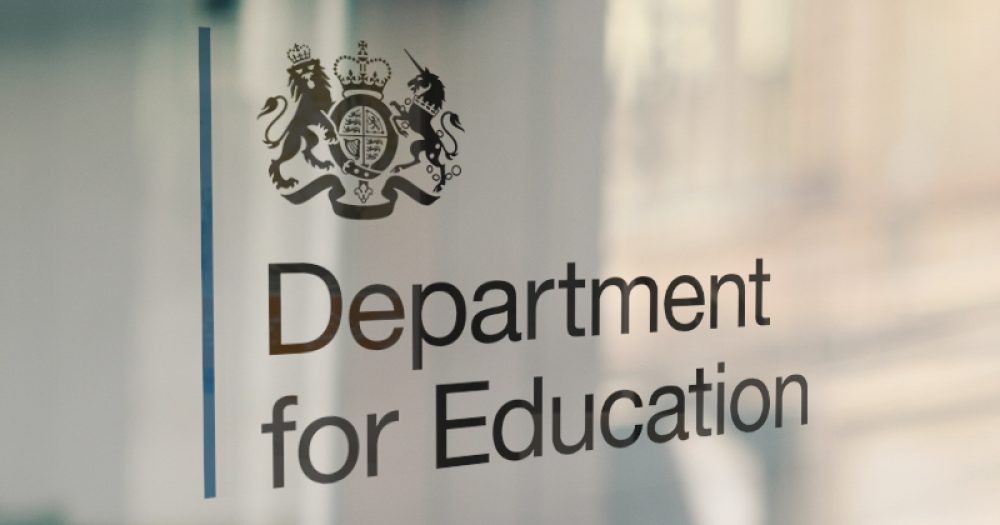The government has ditched a statement on its website stating that the country’s top universities believe the EBacc subjects “open more doors to more degrees”.
It follows the Russell Group of elite universities dropping its list of preferred A-level subjects, known as “facilitating subjects”.
The list of subjects included all five of the areas covered by the EBacc, which was modelled in part on the facilitating subjects list.
The change will be uncomfortable for schools minister Nick Gibb, who has regularly pointed to the facilitating subjects list to counter EBacc criticism.
The move also comes on the same day a letter to the new education secretary Gavin Williamson claimed the EBacc had been a “costly and damaging experiment” which had “failed and is virtually indefensible”.
The letter was signed by former education secretaries Lord Baker, Lord Blunkett and Baroness Morris.
The Department for Education updated its EBacc website page today to remove the reference to the Russell Group.
Under a section titled “EBacc impact”, the website had stated: “The EBacc is made up of the subjects which the Russell Group says, at A Level, open more doors to more degrees.”
However the website now reads: “The EBacc is made up of the subjects which are considered essential to many degrees and open up lots of doors.”
The Russell Group said it had ditched the facilitating subjects list because they had become wrongly viewed by some as “the only subjects pupils should consider to get into a Russell Group university, or that you must take them for any degree”.
The list has been replaced with a new website called Informed Choices, which suggests A-level options for pupils based on what they want to study at university, and more general guidance for those who haven’t yet made up their mind.
The open letter, also signed by former Ofsted chief inspectors Sir Mike Tomlinson and Sir Michael Wilshaw, said the EBacc was squeezing out cultural and creative subjects.
The government wants 75 per cent of pupils to take EBacc GCSEs, which was revised down from the original 90 per cent pledge.
The letter states the actual percentage has remained “virtually static” for five years, at around 35 to 40 per cent, adding the DfE’s own annual accounts “recognised that the targets for EBacc would not be reached, but made no recommendation as to its future”.
A DfE spokesperson said the percentage of pupils taking EBacc subjects had risen from 22 per cent to 35 per cent since 2010, with provisional data showing a four per cent increased in entries this year.
“The EBacc is at the core of our mission to drive up social mobility by encouraging all young people to take the core academic subjects that are essential for keeping their options open for further study and future careers.”
They added the EBacc has also been instrumental in “halting and reversing” the decline in modern foreign languages.



The DfE spokesperson uses 2010 as the start date for the introduction of EBacc. This is not true. 2010 was the year it was first mooted. In 2011 it became a non-compulsory measure. It was not until 2015 that schools minister Nick Gibb announced it would become mandatory.
Some of the evidence to the Education Select Committee in 2013 suspected that the EBacc measure would be applied retrospectively to show ‘improvement’. This suspicion appears to have been correct.
https://www.localschoolsnetwork.org.uk/2019/08/more-duff-info-in-dfe-media-spin-after-broadside-against-ebacc-by-former-tory-education-secretary